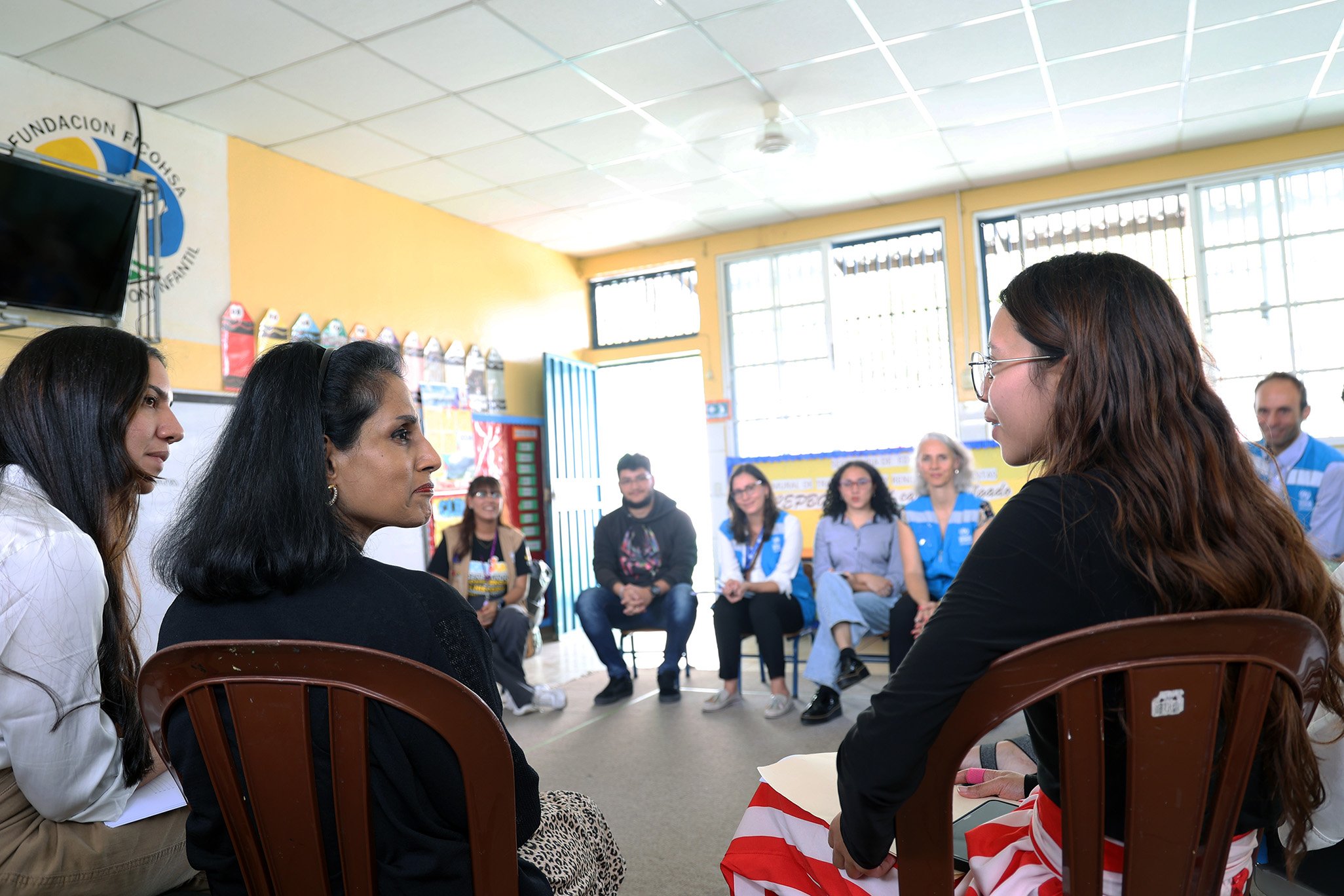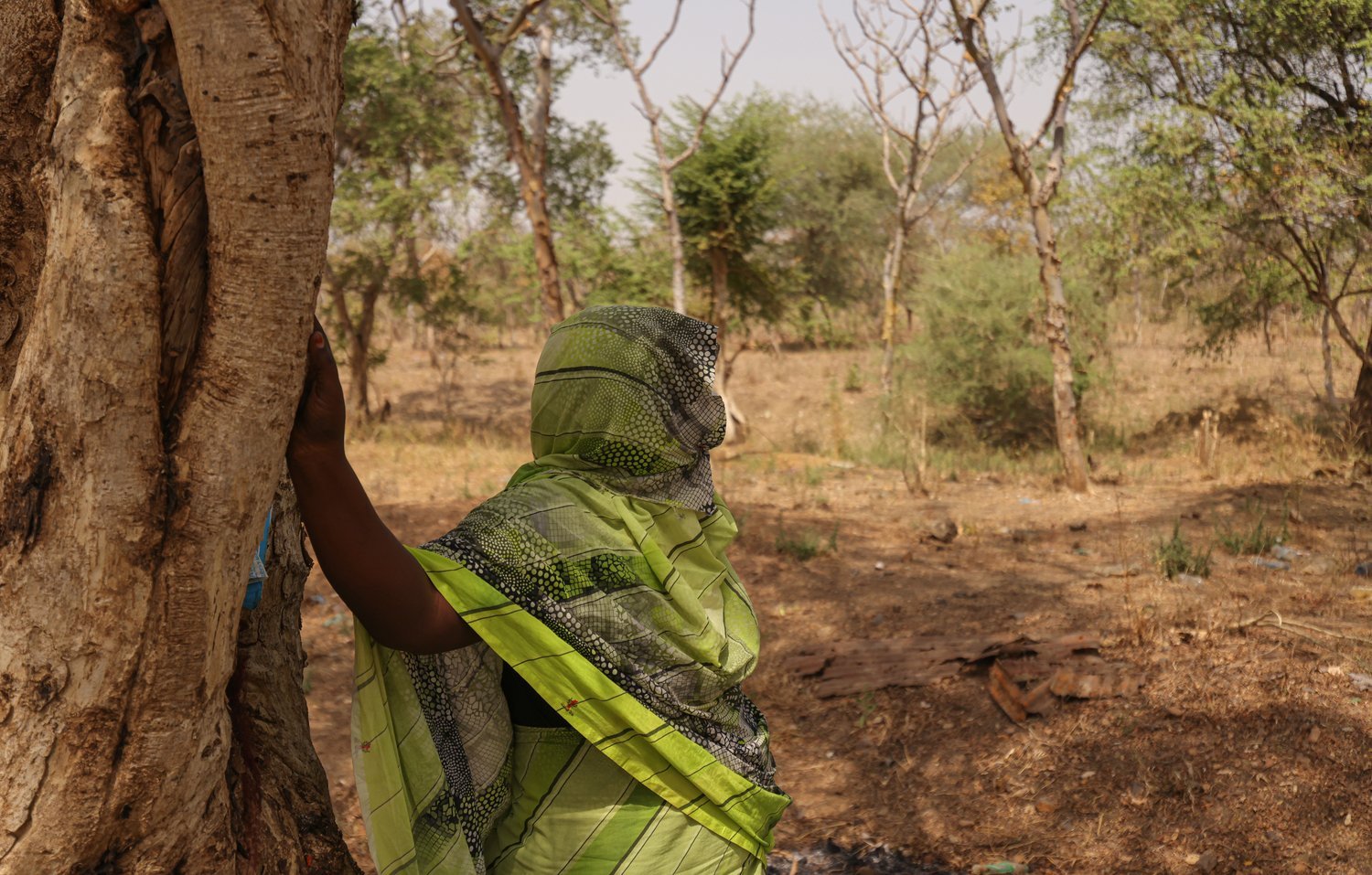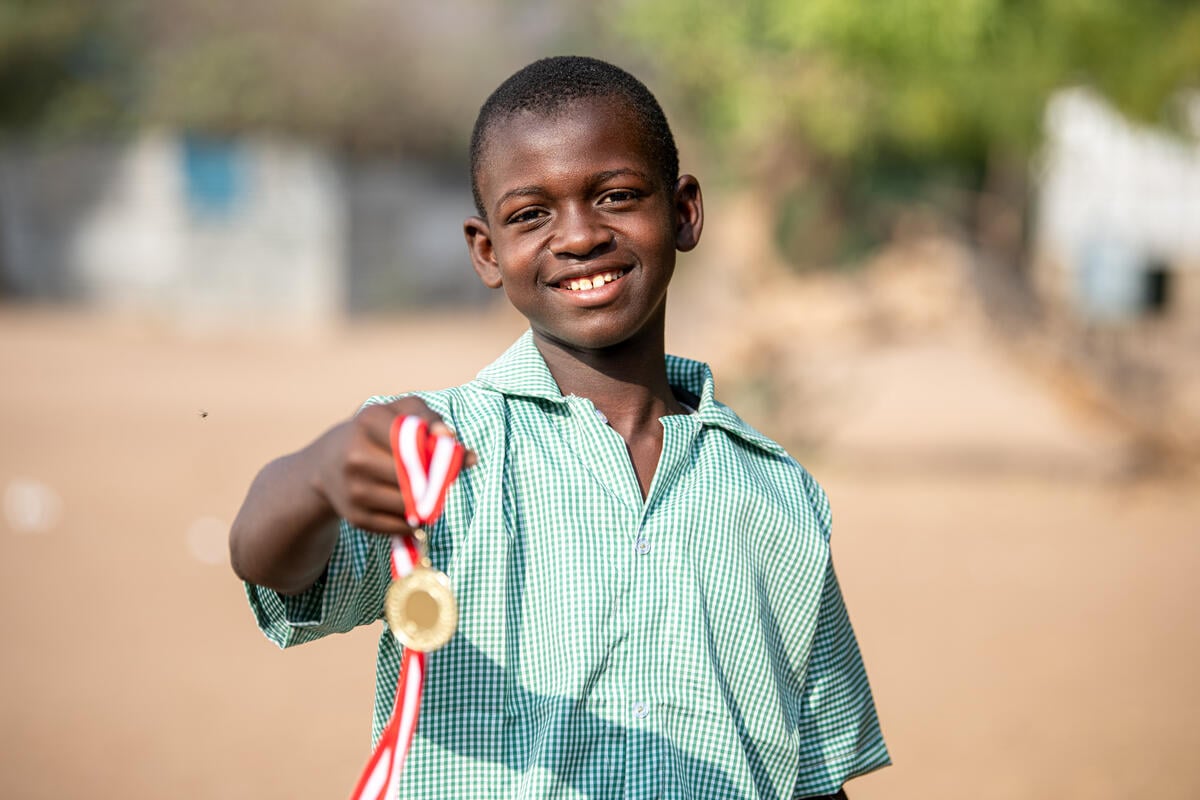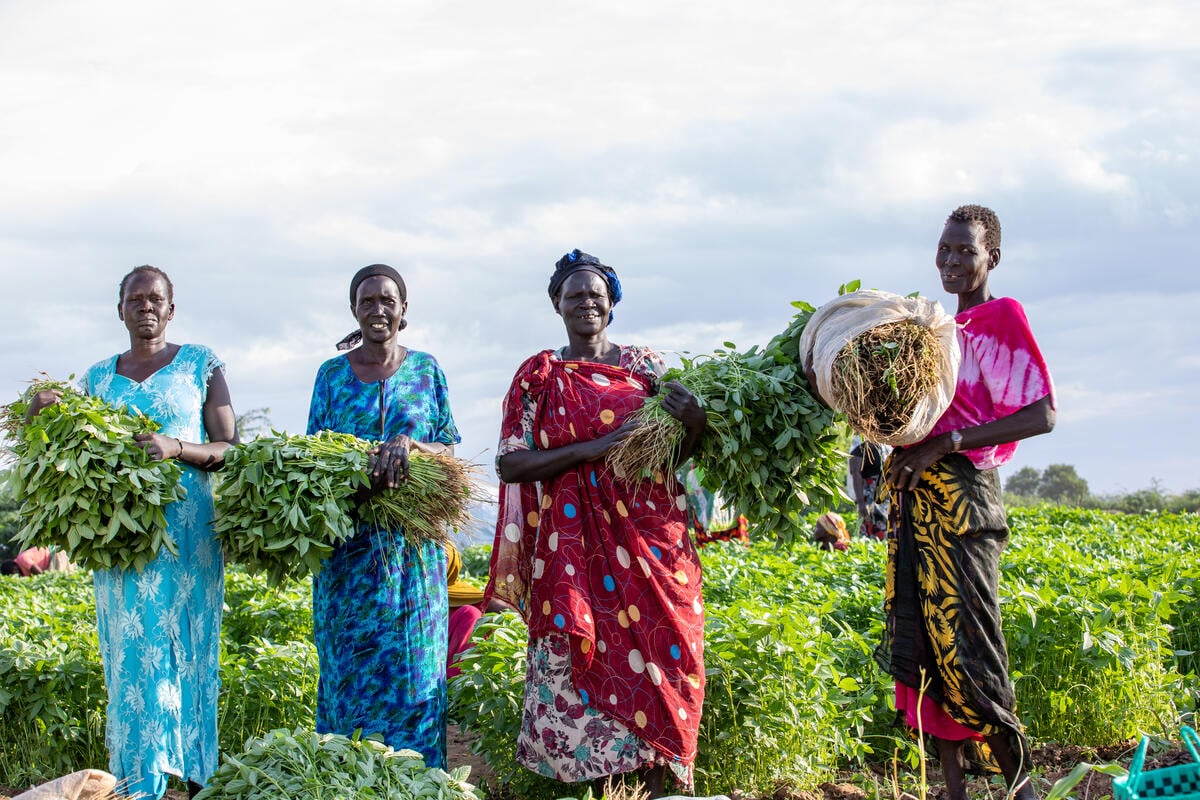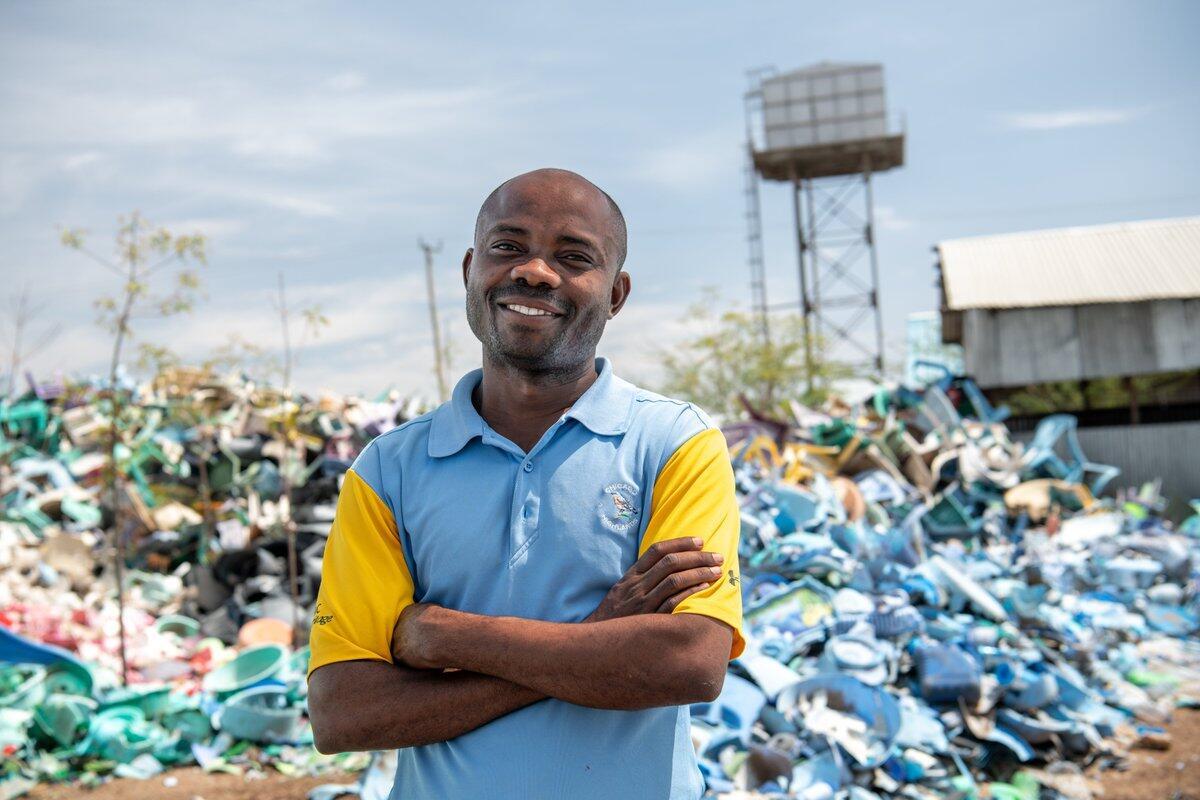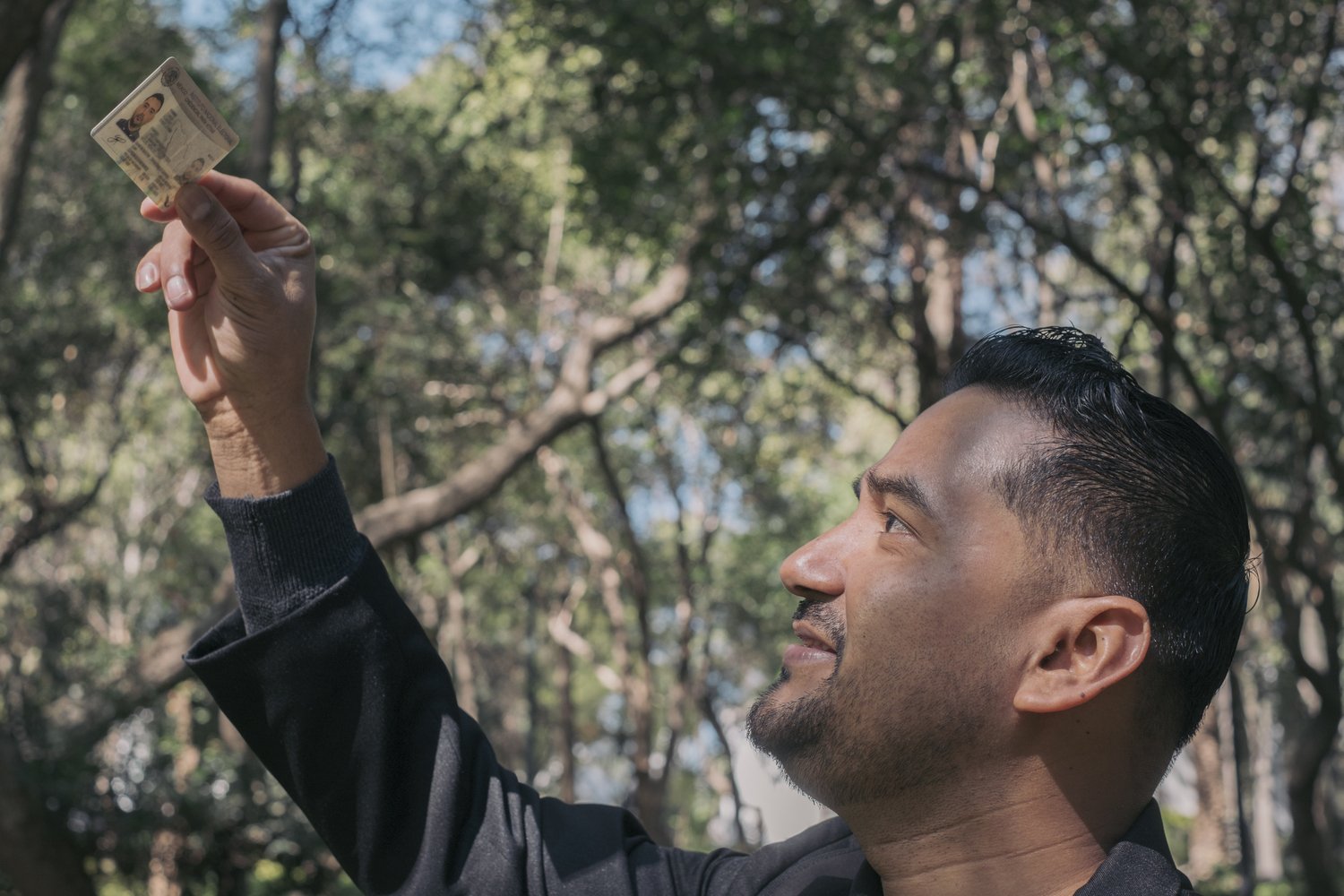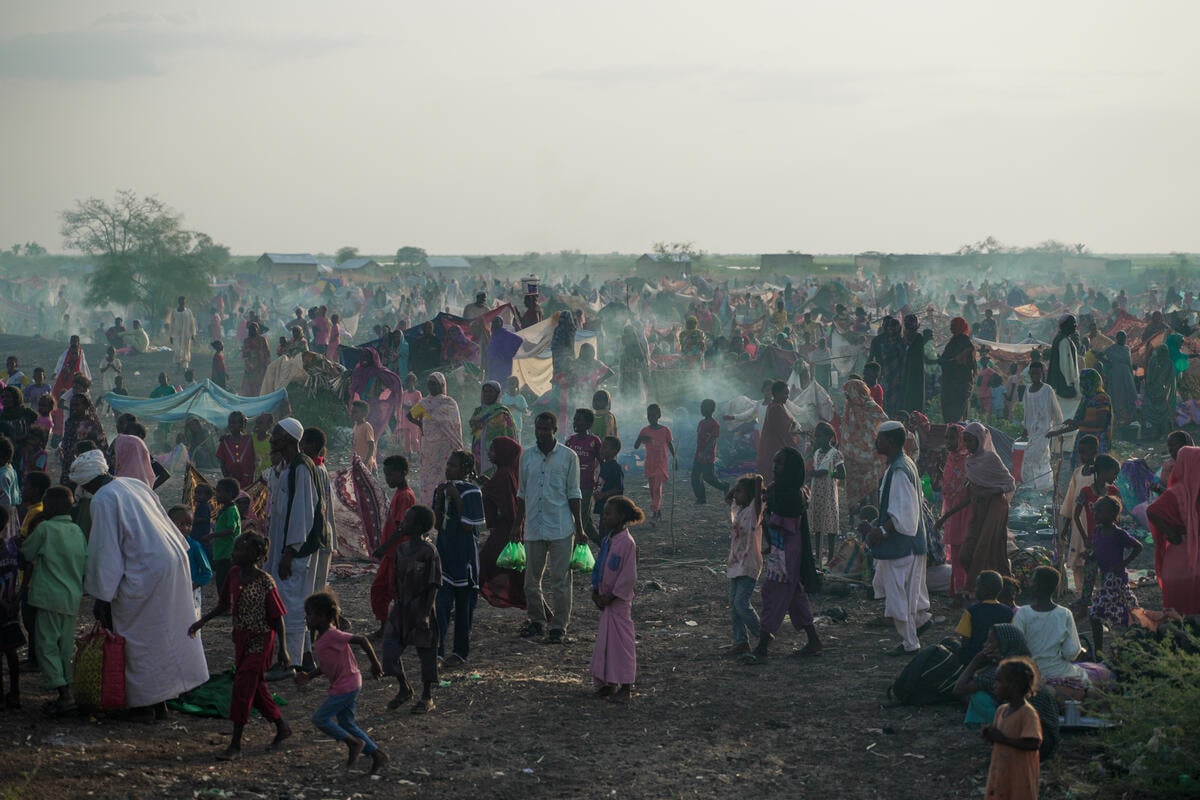Support urgently needed to avert a deeper Sahel crisis, UNHCR’s protection chief warns
Support urgently needed to avert a deeper Sahel crisis, UNHCR’s protection chief warns
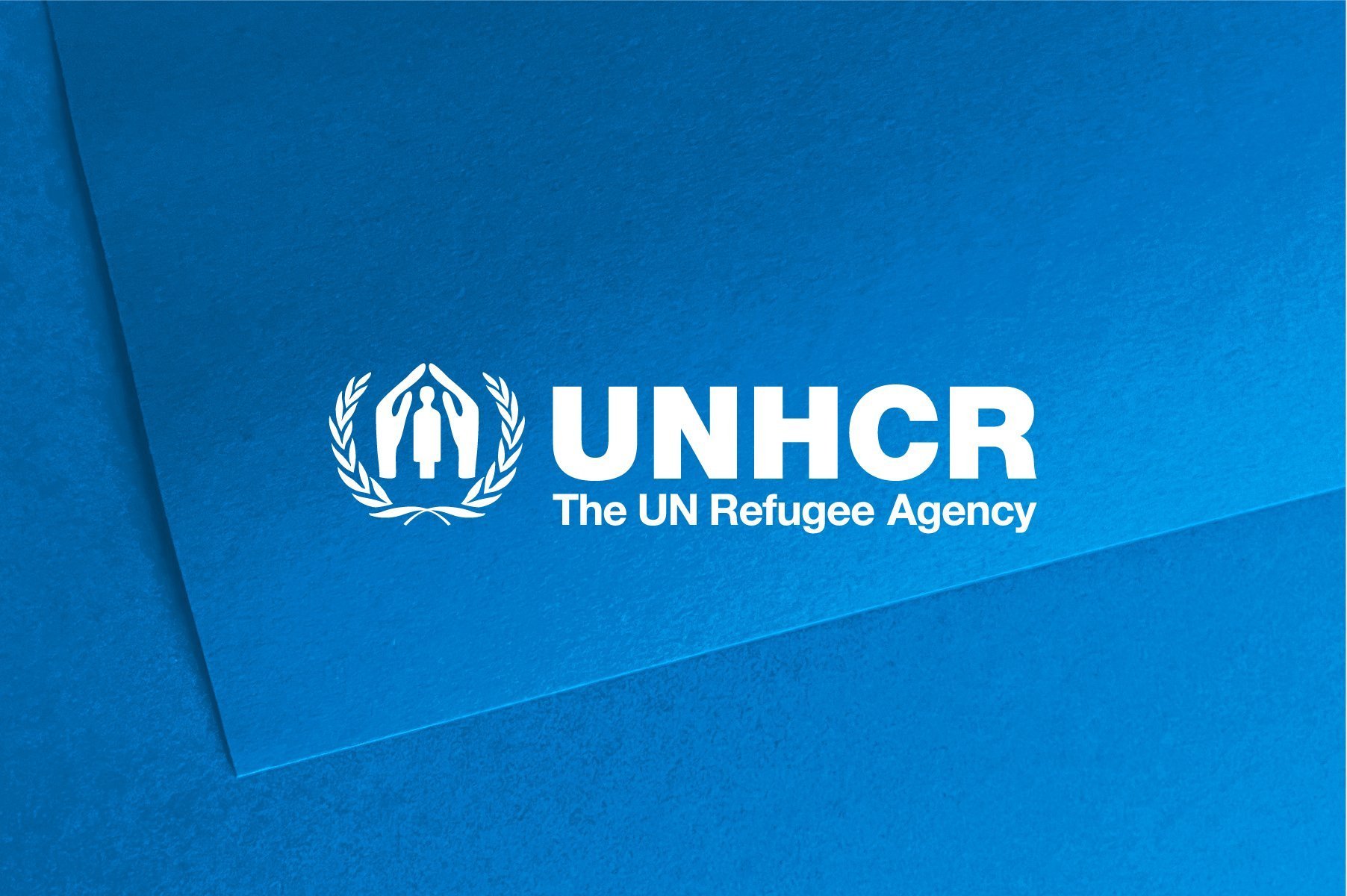
BAMAKO – The top protection official of UNHCR, the UN Refugee Agency, commended Mali and its neighbours for keeping their borders open to people fleeing danger, and for upholding asylum principles in a fragile region.
Mali is one of several countries providing safe haven to the more than 1.1 million refugees and asylum-seekers who have crossed international borders to escape war, persecution and other generalized, life-threatening dangers across the Sahel and elsewhere in Africa.
Completing a weeklong visit to Mali and Togo late last week, UNHCR Assistant High Commissioner for Protection Ruvendrini Menikdiwela praised Mali’s generous approach to refugees by keeping its borders open and offering them, once registered, the same rights as Malians, including access to services like health care and education. But she cautioned that such humane responses may become increasingly rare without immediate and sustained international support.
Mali and other countries in Africa’s Sahel region are under “alarming” strain from forced displacement and require immediate, additional support to avert an even more acute humanitarian crisis, Menikdiwela warned.
"The risks in Mali and its neighbouring countries, many of which are now confronting their own displacement crises, are alarming,” Menikdiwela said. “We must act now to ensure the safety and well-being of displaced people, preserving their rights and dignity during these challenging times.”
The country currently hosts some 66,793 refugees as it grapples simultaneously with the urgent needs of over 354,000 people displaced within its own borders. The refugees, mainly from Burkina Faso and Niger, include a significant influx of 40,000 from Burkina Faso in the last three months alone, fleeing turmoil and instability in their country.
The challenges facing the region are huge. Aside from multiple conflicts, rising prices and dwindling humanitarian aid, the effects of climate change are adding additional acute strains. In total, nearly 4.8 million people in the Sahel have recently been forced to flee their homes to seek safety elsewhere.
In Mali, amidst a challenging context, UNHCR, in partnership with local organizations, is working intensively to alleviate the plight of refugees and internally displaced people (IDPs). This collaborative effort focuses on providing essential services such as shelter, ensuring access to health care, improving water and sanitation facilities, and enhancing livelihood opportunities.
During her visit, Menikdiwela visited both refugee and IDP sites, meeting displaced families to hear first-hand their harrowing stories of escape and survival, and the urgent needs for basic life necessities – including protection from gender-based violence, which is spreading perniciously across the region as conflicts intensify, impacting governance.
"Their stories shed light on the urgent need for essential support and protection,” she said. “The heightened risk of gender-based violence further emphasizes the criticality of our response. The global community needs to sit up and take notice.”
In 2024, UNHCR needs $331.4 million to sustain support for its operations in the central Sahel (Burkina Faso, Mali and Niger) and to meet the pressing needs of forcibly displaced populations. However, as of the end of February, those needs are only 16 per cent funded, threatening the continuity of vital services.
Contacts
- In Mali: Julien Navier navier@unhcr.org +223 75 99 72 48
- In Dakar: Alpha Seydi Ba, baalp@unhcr.org, +221 773 457 454
- In Geneva: Matthew Saltmarsh, saltmars@unhcr.org, +41 79 967 99 36


